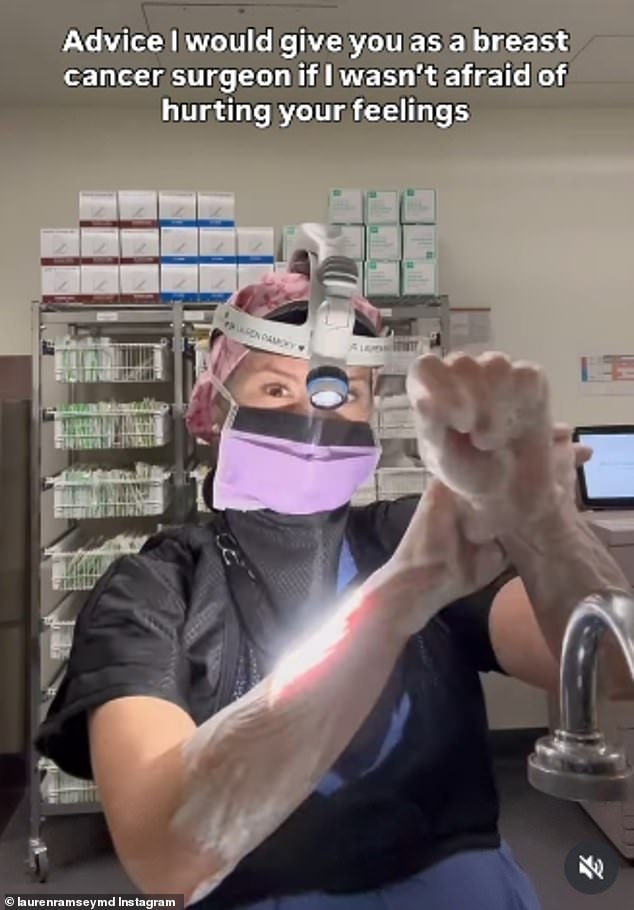When it comes to breast cancer, there’s a lot of advice floating around—and not all of it is helpful.
That’s why one Texas-based surgeon, Dr. Lauren Ramsey, has taken to social media to clear the air.
Her Instagram video has already been watched more than 2.6 million times, and for good reason.
She shared four tough but important pieces of advice that she wishes every woman knew, hoping to cut through the noise and help people take better care of themselves.
Rising Numbers and Hidden Risks
Breast cancer cases have gone up dramatically—by more than 25 percent since the 1990s.
Even more concerning, diagnoses among women under 50 have climbed by 10 percent in just the last two decades.
Many women think breast cancer only shows up as a lump, but that’s not always true.
Dr. Ramsey warns that skin changes, nipple discharge, swelling, or even mild pain can all be warning signs.
“Know what’s normal for you,” she emphasizes, because early detection can make all the difference in avoiding aggressive treatments like mastectomies.
Family History Isn’t the Whole Story
A common misconception is that breast cancer is always hereditary.
In reality, only about five to 10 percent of cases are linked to genetic mutations such as BRCA.
Yes, these inherited cancers can be aggressive—as actress Angelina Jolie highlighted when she chose a preventative mastectomy—but they are not the whole picture.
Dr. Ramsey stresses that regular screenings are crucial, even if there’s no family history.
For some women, screening is the only way cancer gets picked up early.
The Problem with Dense Breast Tissue
One overlooked issue is breast density. Dense breast tissue makes it harder for mammograms to detect cancer.
It’s not something you can feel or notice yourself—it can only be seen through imaging.
The frustrating part? Many women aren’t told about their breast density, even when it’s noted on their mammogram results.
Younger women, and women with lower body fat, are more likely to have dense breasts.
Since this increases cancer risk, Dr. Ramsey advises asking whether your mammogram shows dense tissue and, if so, whether extra imaging is recommended.
Lifestyle Choices That Matter
While genetics and biology play big roles, lifestyle can’t be ignored.
Research shows that alcohol and processed foods significantly raise the risk of breast cancer.
In fact, around one in 10 cases are linked directly to alcohol consumption.
The science is clear: alcohol produces a chemical called acetaldehyde in the body, which damages DNA repair and fuels hormone levels like estrogen—both of which can spark cancer development.
Ultra-processed foods, particularly animal-based ones and artificially sweetened drinks, also raise the risk.
On the flip side, plant-based options such as falafels or veggie burgers don’t seem to carry the same danger.
Small Steps, Big Difference
Dr. Ramsey encourages women to focus on what they can control.
Cutting back on alcohol, avoiding highly processed foods, and simply moving more every day are powerful ways to reduce risk.
These changes may sound basic, but research continues to show they have a real impact.
The Bigger Picture
Breast cancer is the most common cancer in women—one in seven in the UK will face it in their lifetime, and about 56,000 are diagnosed each year.
In the US, the figure is closer to 300,000 annually.
With numbers like these, awareness, accurate information, and proactive health checks are more important than ever.
